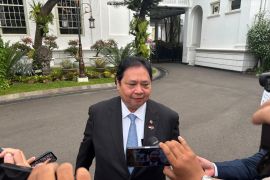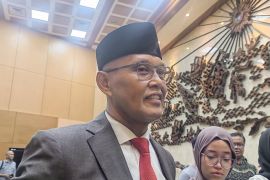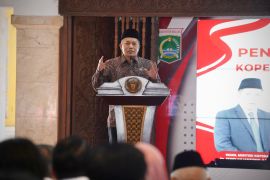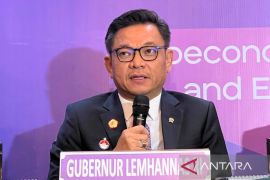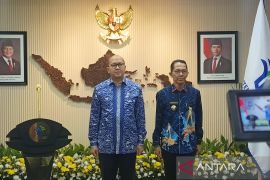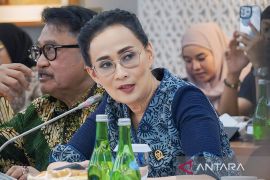"As the global crude oil prices are now low, the government can adjust (cut) the domestic prices, but it should not raise them again when the crude oil prices in the world market rebound in the coming three months since it could trigger inflation," Dito Ganinduto, a member of Commission VII on energy affairs of the House of Representatives (DPR), remarked here on Tuesday.
Therefore, he noted that in slashing the domestic fuel oil prices, the government should anticipate a possible increase in the global crude oil prices and inflation.
Ganinduto believes that the government can possibly cut the fuel prices by some Rp400-Rp500 per liter while considering the fluctuations in the global crude prices, which had now shown an upward trend.
The legislator suggested that the government should make preparations to face a possible major hike in the global crude oil prices in July. It could drive up domestic fuel prices during a time when the nation would be observing the fasting month, post-fasting Eid el-Fitr or the Lebaran festivities, and school holidays.
An increase in prices during this period would trigger inflation.
"Therefore, it is better for the government to take a cautious decision in lowering the prices of fuels now. It is the authority of the government. The DPR only has the right to decide the price of the Indonesian crude and its volume. We hope the government would adjust the prices in line with the global crude oil prices, possibly reducing by some Rp400 to Rp500 per liter," he noted.
He pointed out that if the price cut was small, the government would still record a surplus from fuel sales. This would be useful in facing a future hike in global crude oil prices, as the government would not need to raise the domestic fuel prices.
The surplus could also contribute to the Energy Resilience Fund (DKE).
However, he emphasized that the government should be transparent in the utilization of surplus funds generated from the oil sales.
"If the surplus is channeled to the DKE, we want that it should be done transparently. Hence, it depends on the government whether the surplus is directed to the DKE or set aside for meeting the operational costs when the fuel oil prices increase," he added.(*)
Editor: Heru Purwanto
Copyright © ANTARA 2016
